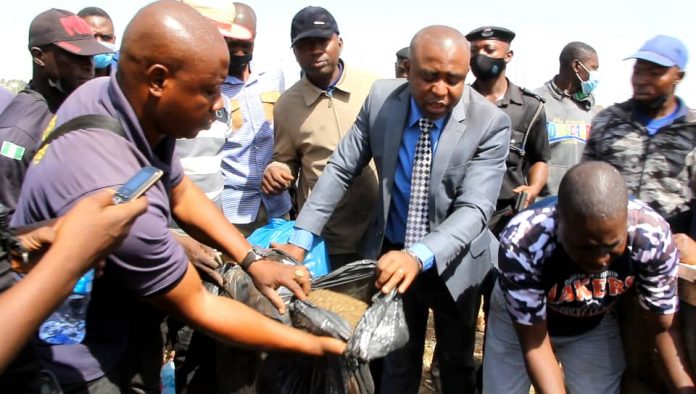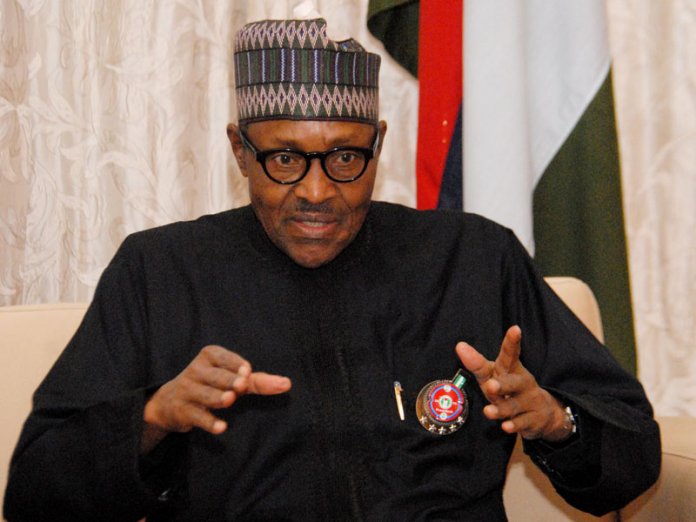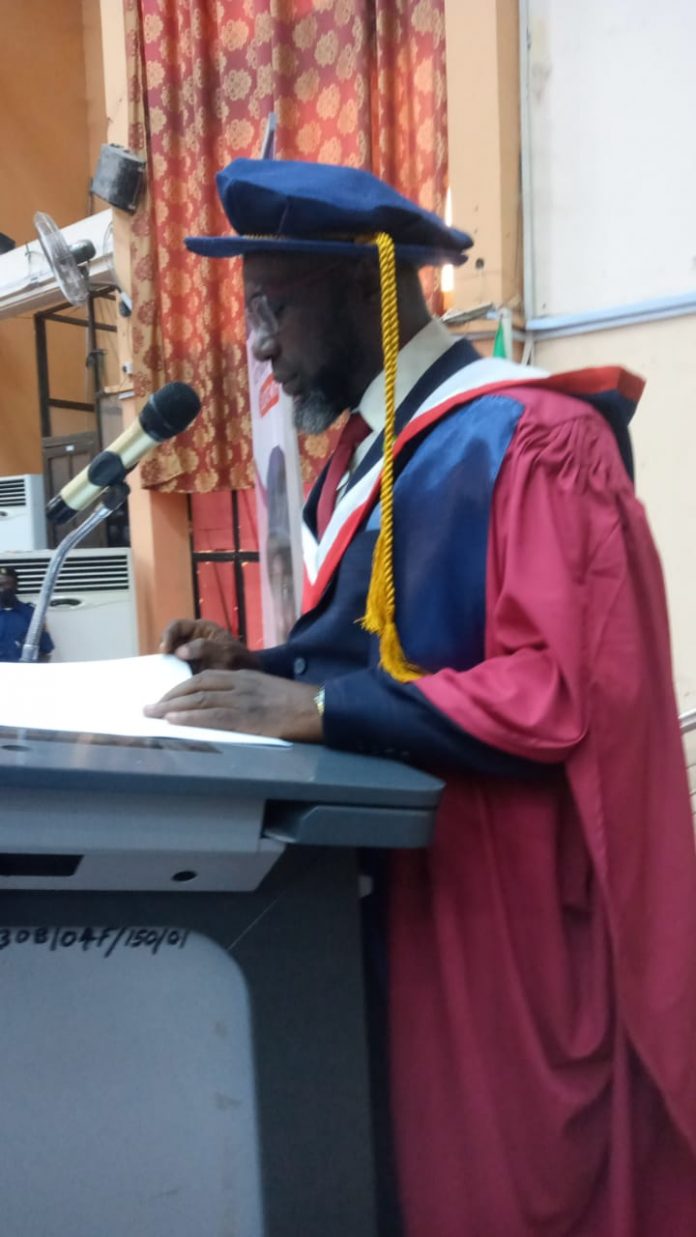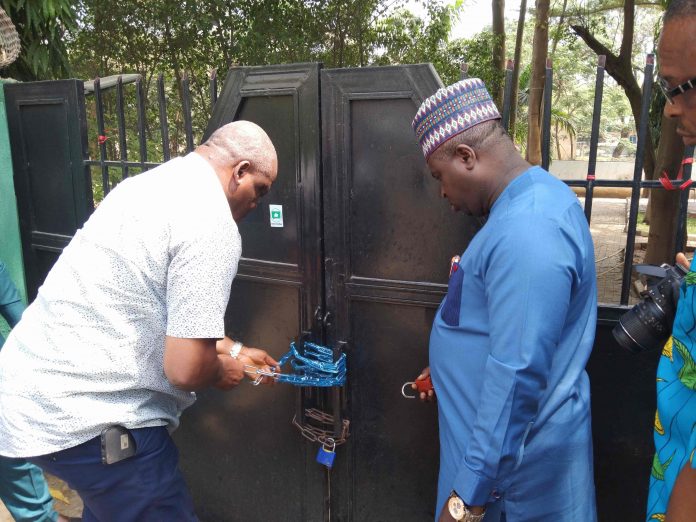UNICEF has welcomed the release of four abducted girls by armed groups in Borno State, north-east Nigeria.
While calling for the immediate release of all conflict-affected children held in captivity across the region.
It would be recalled that the released girls and others still in captivity were abducted from the Kautikari community earlier this month in the Chibok Local Government Area.
Chibok came to global attention in 2014 when 276 schoolgirls were abducted from their school. About 173 of the Chibok girls are still missing.
Earlier this month, an unconfirmed number of children were reportedly abducted in Pemi, another community in the Chibok LGA.
UNICEF Representative in Nigeria, Peter Hawkins said, “UNICEF is very relieved for the released girls and their families’.
“After their harrowing experience, it is good news that the girls are back with their families and friends, where they belong. But sadly, dozens of children in north-east Nigeria remain in captivity; the victims of an armed conflict they have nothing to do with. This is unconscionable. Children have the right to a safe environment, health, education and freedom from abuse and torture – all of which remain compromised when they are in captivity.
“Children are not the spoils of conflict. All children in captivity must be immediately and safely released to their families,’’ said Hawkins.
Children in Nigeria continue to face unprecedented violations of their rights, including abductions, torture, killings, recruitment into armed groups, and forced marriages, among other abuses of their rights. In the north-east, more than 1,000 children have been abducted since 2014, with at least 100 still missing or unaccounted for.
Between December and July of last year, at least 1,450 children were abducted, most from their schools, across central and north-west regions of the country.










